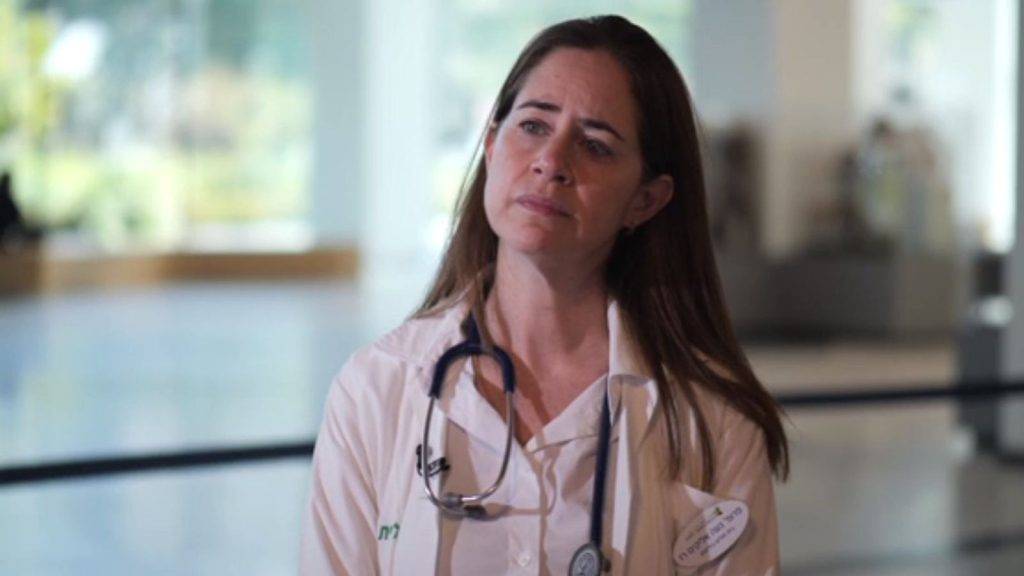Cliff Notes
- Returned hostages to Israel are facing serious health challenges, including the risk of refeeding syndrome that may pose life-threatening consequences.
- The experience in captivity may have caused hostages to lose their decision-making abilities, necessitating efforts to restore their sense of identity.
- Health issues vary widely among the hostages, with some experiencing more physical problems and others facing social challenges as they reintegrate.
Hostages returned to Israel alive face ‘life-threatening’ health challenges, professor warns | World News
.
Hostages returned to Israel alive face a number of health challenges that could even be life-threatening, a professor has warned.
Professor Noa Eliakim-Raz, head of returning hostages at Rabin Medical Center in Petah Tikva, Israel, said returned hostages may have lost “their ability to make decisions”.
On Monday, Hamas handed over all 20 surviving hostages, held in Gaza, in exchange for around 1,900 Palestinian prisoners.
But Professor Eliakim-Raz warned they face health problems that medics are treating.
‘It can even be life-threatening’
Speaking to Sky News’ Sally Lockwood, Professor Eliakim-Raz said: “We were concerned in the first couple of days about refeeding syndrome, which is reintroducing food after a long time if you were someone who ate a very little amount of food, especially carbohydrates, and reintroducing food can cause damage to the body.
She added that, despite the potential issues, the hostages had so far arrived in good spirits.
‘In captivity you lose the ability to make decisions’
Professor Eliakim-Raz added: “When you are in captivity you lose the ability to make decisions and we try to give them back their identity.
“I totally feel it’s a life-changing experience for me, I feel it has changed the way I look at very simple things in life and how I appreciate simple things in life.
“These people are coming from a place that tried to erase their identity, to erase humanity, very basic things that we feel as human beings.
“They came to the ward smiling, they know how to show appreciation, they show friendship, and that’s always amazing.
‘Some have social issues’
“I think as a medical profession we are obliged to give medical assistance and humanitarian terms to everyone. That’s what we do and we swore to do. That’s what I think should happen everywhere.”
She added: “It’s very different, one from the other. It depends if you were in captivity alone or in a group. If you were underground or not, how much food you got and not only how much, but how diverse it was.
“Some have more physical issues, some have social issues.”


